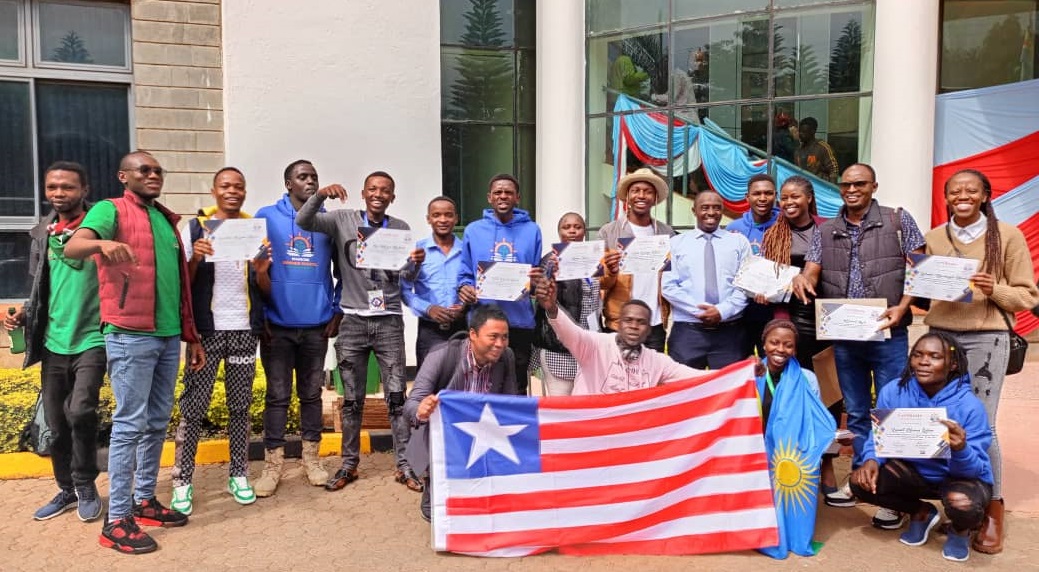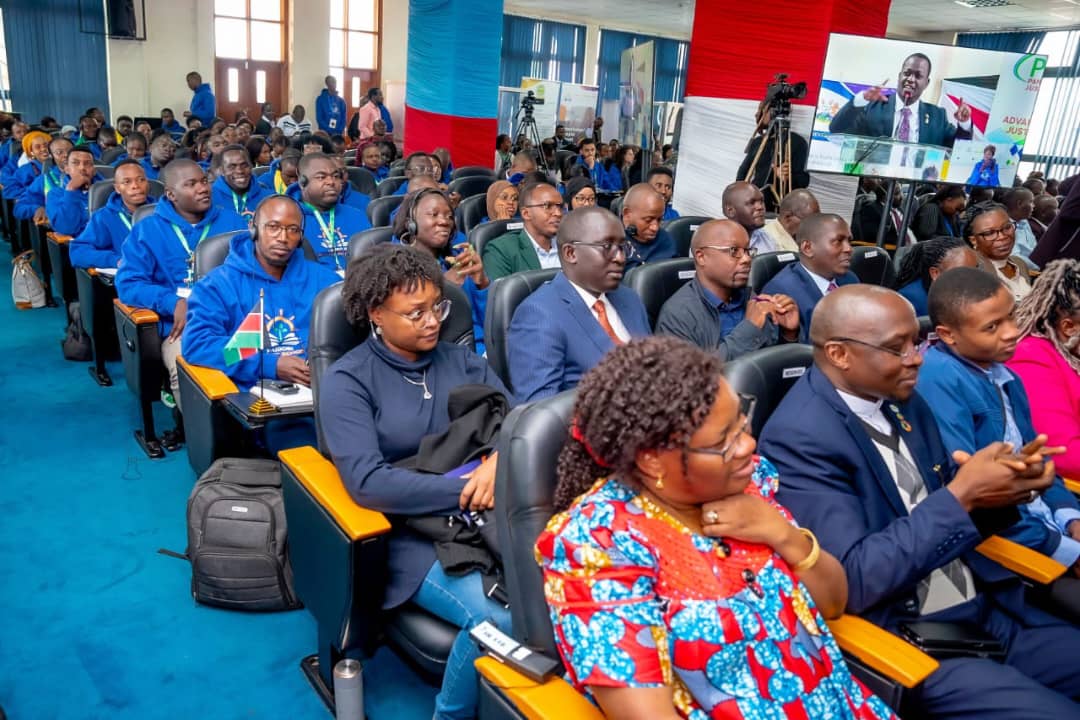
The Pan African Climate Justice Alliance (PACJA), in partnership with Chuka University, Deaden Kimathi University, Tharaka University, Meru University of Technology, Kirinyanga University, Kenya Methodist University, and the University of Embu, held a two-week Nairobi Summer School on Climate Justice (NSSCJ) Cohort IV in Tharaka Nithi County, Chuka, Kenya, from June 23 to July 7, 2024.
The Nairobi Summer School on Climate Justice serves as a cross-generational forum for sharing, learning, and networking around innovative ideas necessary for broad economic transformation in the face of climate catastrophe.
This year’s theme, “Igniting Youth Power for Enhanced Global Solidarity on Climate Justice,” brought together over 300 participants from 87 countries, fostering cultural exchange and dialogue.
Throughout the program, participants took part in workshops, hands-on training by expert lecturers, group
projects, discussions, and cultural exchanges.
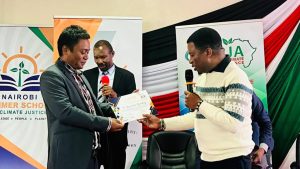
During the Fourth International Symposium on Climate Justice, Dr. Mithika Mwenda, the Executive Director of PACJA, said, “The main objective of the school is to enhance the capacity of Africans and our allies to advance climate justice perspectives through local, national, sub-national, regional, and global interventions. Through this school, we have contributed greatly to the evolving concept of climate justice, thus articulating views and narratives that could otherwise not be found in international conversations on climate change.”
Giving his goodwill message, Prof. Daniel Mugendi, Vice Chancellor of the University of Embu, said, “Climate Justice is about ensuring that the most vulnerable populations are protected and empowered. We must act now to create a fair and sustainable future for all.”
Peter Odhengo, Head of Climate Finance and Green Economy Unit FLLOCA, underscored the need for innovative financing and commitment to green economies. “We must ensure that resources reach those who need them most to foster resilience and equity,” he said.
Dr. Beatrice Muganda Inyangala, Principal Secretary of the State Department for Higher Education and Research, applauded the opportunity for youth to learn about climate change and related dialogues.
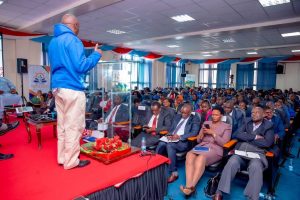
The Climate and Sustainable Development Network, represented by Programme Officer Mr. Paul Gwumapan Joseph, actively participated in the cohort. His involvement aimed to strengthen his capacity as a climate justice advocate and network with other young advocates to lead locally-led initiatives and drive a just and sustainable future.
The Nairobi Summer School on Climate Justice Cohort IV featured insightful sessions that connected climate justice to broader issues of social justice and sustainability. One session emphasized that “Climate justice is not just about the environment; it’s about people, equity, and our future.”
The “Introduction to Climate Justice” session underscored the need for inclusive and equitable solutions to combat climate change, emphasizing that true progress is rooted in justice for all.
Prof. Seth Osafo, Senior Legal Advisor at UNFCCC, highlighted critical insights during the session on potential climate change impacts, emphasizing that addressing future challenges with informed interventions is key to safeguarding our planet and communities worldwide.
Professor Chinedum Nwajiuba shed light on the critical role of agriculture in climate negotiations, stressing that “Sustainable agriculture is not just an option but a necessity in climate resilience.”
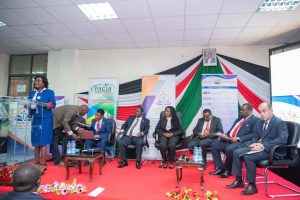
His analysis explored the complex interplay of policies, technology, and global cooperation needed to ensure food security amidst changing climates, highlighting the urgency for integrated strategies that harmonize agricultural practices.
The Nairobi Summer School on Climate Justice Cohort IV successfully provided an inclusive and practical learning environment for over 300 participants from 87 countries.
This event not only strengthened the capacity of young climate justice advocates but also fostered a rich exchange of ideas and cultural practices.
Participants left with a deeper understanding of climate justice and a renewed commitment to leading initiatives in their communities.
The collaborative efforts of the participating universities and PACJA have laid a strong foundation for future cohorts, promising ongoing contributions to the global dialogue on climate justice and the advancement of equitable and sustainable solutions.
The outcomes of this cohort are expected to resonate globally, driving innovative and locally-led actions for a just and sustainable future.
